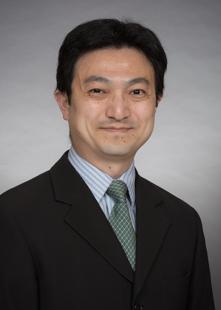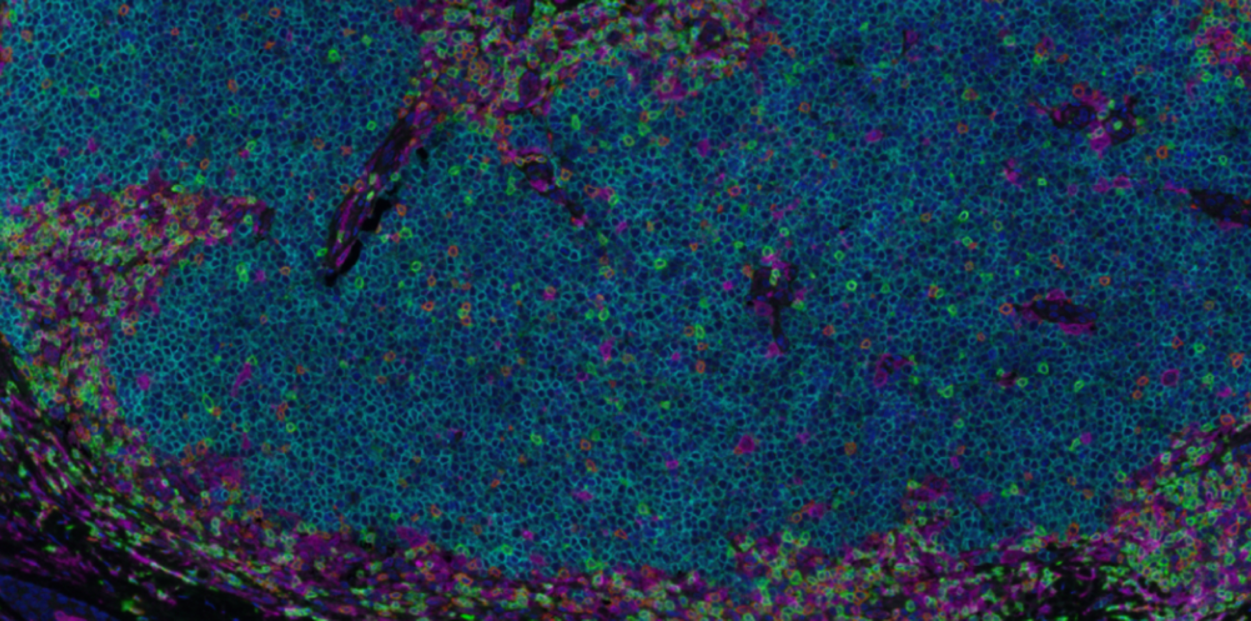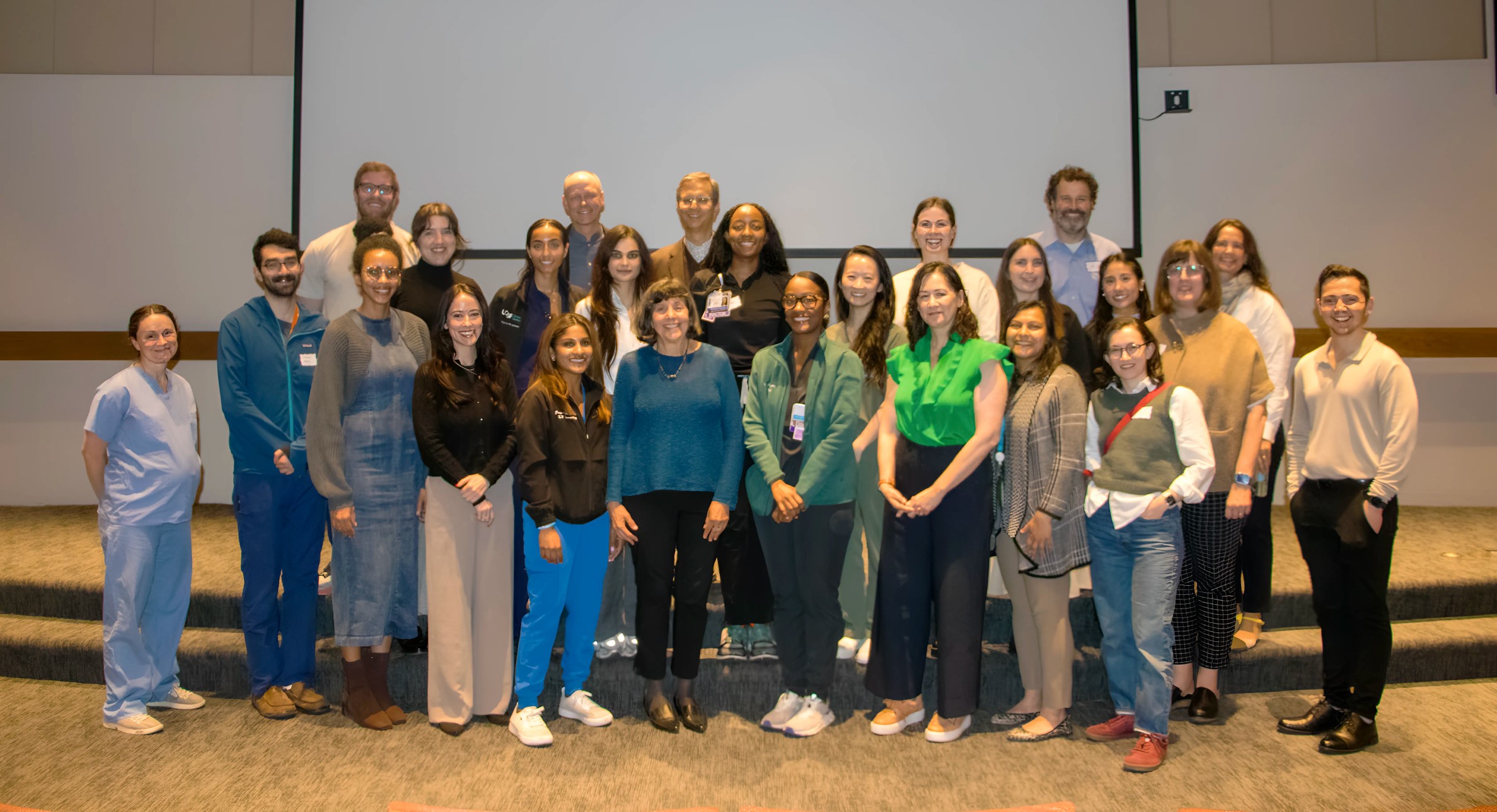Kawasumi Lab Awarded $1 Million to Support Cancer Research

 Congratulations to Dr. Masaoki Kawasumi, Assistant Professor in the UW Division of Dermatology and Principal Investigator for the Kawasumi Lab, whose recent grant proposal was selected by the Kuni Foundation to receive $1 million in award funding over three years to support his cancer research study titled, “Reactivating epigenetically silenced tumor suppressors to inhibit melanoma growth.”
Congratulations to Dr. Masaoki Kawasumi, Assistant Professor in the UW Division of Dermatology and Principal Investigator for the Kawasumi Lab, whose recent grant proposal was selected by the Kuni Foundation to receive $1 million in award funding over three years to support his cancer research study titled, “Reactivating epigenetically silenced tumor suppressors to inhibit melanoma growth.”
Based in Vancouver, Wash., the Kuni Foundation funds cancer research and supports programs and initiatives that enhance the lives of adults who experience intellectual and developmental disabilities.
“I am so excited to receive this Cancer Research Grant," says Dr. Kawasumi. "This allows me to advance my research and will help many cancer patients in our communities. Also, this award is very important for my research career. My goal is to develop novel approaches to treat cancer. I greatly appreciate the generous support from Kuni Foundation!”
About Dr. Kawasumi’s Study
Dr. Kawasumi’s research focuses on melanoma, a deadly form of skin cancer which contributes significantly to cancer deaths. Genetic studies have identified driver mutations such as BRAF(V600E) which is found in the majority of patients and significantly contributes to melanoma development. The mutation makes cancer cells continuously receive signals to abnormally proliferate. To stop cancer growth, therapeutic drugs called “BRAF inhibitors” have been developed to specifically inhibit the mutated cells.
The majority of melanomas initially respond to BRAF inhibitor therapy, but then become resistant to a BRAF inhibitor. This is a significant problem found in nearly all of BRAF-mutant melanoma cases, dampening the effectiveness of these therapies. It is important to target the resistance mechanisms in order to improve the outcomes of patients with melanoma.
One of the BRAF inhibitor resistance mechanisms is inactivation of tumor suppressors (genes that prevent normal cells from becoming cancerous). This inactivation in cancer occurs due to either gene loss or DNA methylation. DNA methylation can change the activity of a gene without changing the DNA sequence. Removing DNA methylation (“DNA demethylation”) will be an innovative new therapy to reactivate tumor suppressors, stop melanoma progression, and prevent metastasis. The objective of the study is to determine the therapeutic potential of DNA demethylation for reactivating tumor suppressors, overcoming BRAF inhibitor resistance, and suppressing metastasis in melanoma.
Kawasumi Lab
The Kawasumi Lab, headed by Dr. Masaoki Kawasumi, investigates molecular mechanisms of UV skin carcinogenesis with a goal of developing novel means to inhibit skin cancer. Recent work has focused on better understanding how caffeine prevents skin cancer.
For more information, please visit the Kawasumi Lab website.









